Europe 1901-present
While war seems to be a backdrop to events in Europe in this time period the articles collected here explore many of the wider impacts and elements to the war. Medicine and technology are explored alongside dramatic changes in social attitudes. The political events that disrupt and shape Europe of the 20th century are explored though a range of engaging articles that include Russia and the USSR, Fascism and European co-operation.
Sort by:
Date (Newest first) | Title A-Z
Show:
All |
Articles |
Podcasts |
Multipage Articles
-
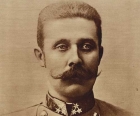
Polychronicon 155: Interpreting the Origins of of the First World War
ArticleClick to view -

Waking up to complexity
ArticleClick to view -

The Romanov Tercentenary: nostalgia versus history on the eve of the Great War
ArticleClick to view -
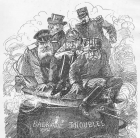
The Origins of the First World War
ArticleClick to view -

Franz Ferdinand
ArticleClick to view -
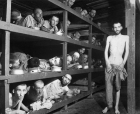
Polychronicon 153: Re-interpreting Liberation: the end of the Holocaust?
ArticleClick to view -

Helping Year 9 debate the purposes of genocide education
ArticleClick to view -

An authentic voice: perspectives on the value of listening to survivors of genocide
ArticleClick to view -
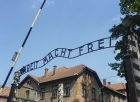
Helping Year 9 evaluate explanations for the Holocaust
ArticleClick to view -

Building an overview of the historic roots of antisemitism
ArticleClick to view -
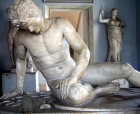
Cunning Plan 152.1: visual sources
ArticleClick to view -
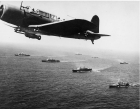
Unsung Heroes: The British Merchant Navy WW2
Multipage ArticleClick to view -
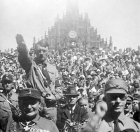
GCSE Podcasts: The Road to World War II
Multipage ArticleClick to view -
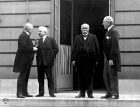
GCSE Podcasts: The World War 1 Peace Treaties
Multipage ArticleClick to view -
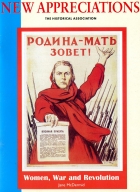
Women, War and Revolution
ArticleClick to view -
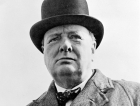
Podcast Series: Britain's Cold War
Multipage ArticleClick to view -
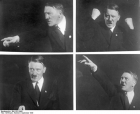
The Origins of the Second Great War
ArticleClick to view -
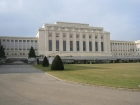
GCSE Podcasts: The League of Nations
Multipage ArticleClick to view -
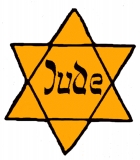
Muslim Rescuers of the Holocaust CPD
Multipage ArticleClick to view -

Kristallnacht
ArticleClick to view

